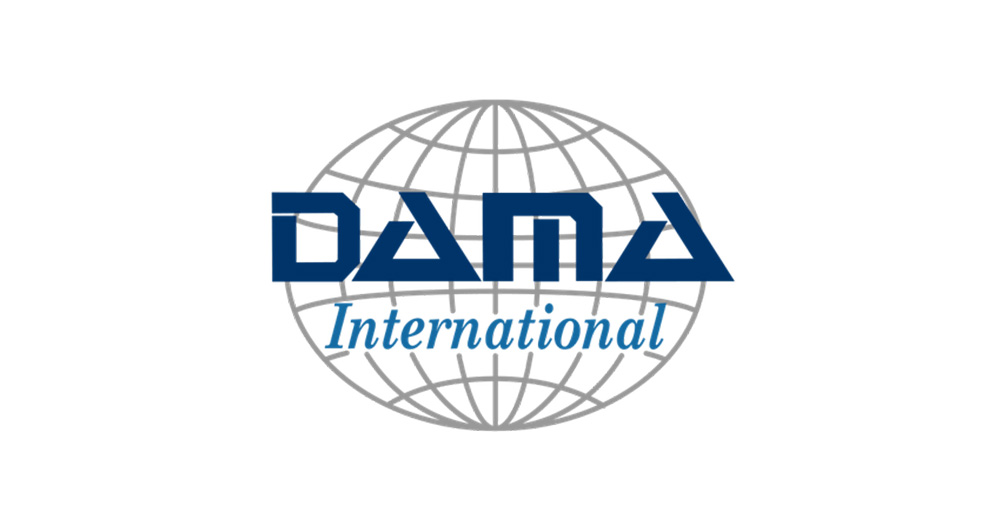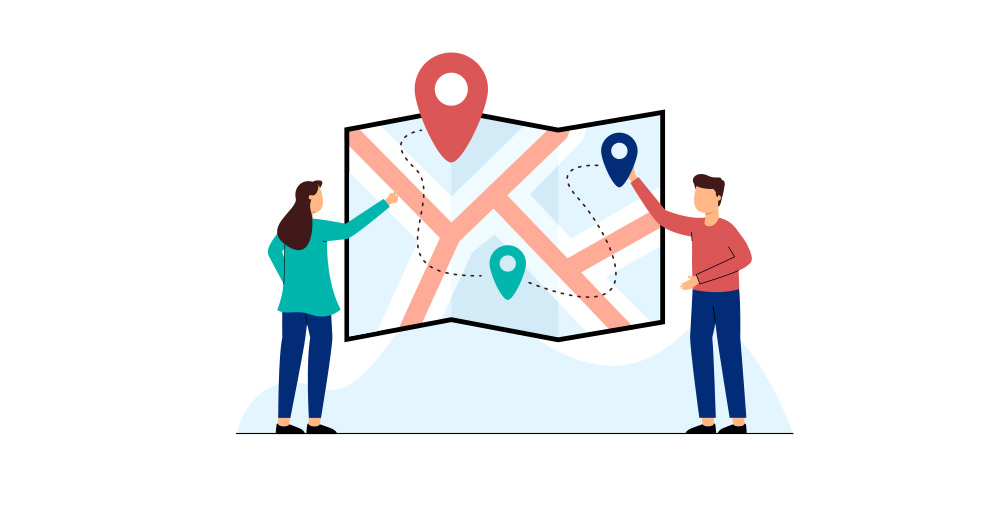7 posts found
Federated machine learning: generating value from shared data while maintaining privacy
Data is a fundamental resource for improving our quality of life because it enables better decision-making processes to create personalised products and services, both in the public and private sectors. In contexts such as health, mobility, energy or education, the use of data facilitates more effic…
Data Mesh and Data Fabric: New Perspectives in Enterprise Data Architectures
Over the last decade, the amount of data that organisations generate and need to manage has grown exponentially. With the rise of the cloud, Internet of Things (IoT), edge computing and artificial intelligence (AI), enterprises face the challenge of integrating and governing data from multiple sourc…
The role of open data in the evolution of SLM and LLM: efficiency vs. power
Language models are at the epicentre of the technological paradigm shift that has been taking place in generative artificial intelligence (AI) over the last two years. From the tools with which we interact in natural language to generate text, images or videos and which we use to create creativ…
Linguistic corpora: the knowledge engine for AI
The transfer of human knowledge to machine learning models is the basis of all current artificial intelligence. If we want AI models to be able to solve tasks, we first have to encode and transmit solved tasks to them in a formal language that they can process. We understand as a solved task informa…
MAMD Methodology: The Alarcos Model of Data Improvement
There is such a close relationship between data management, data quality management and data governance that the terms are often used interchangeably or confused. However, there are important nuances.
The overall objective of data management is to ensure that data meets the business requirements tha…
The potential use of the DAMA methodology in open data management
In the current environment, organisations are trying to improve the exploitation of their data through the use of new technologies, providing the business with additional value and turning data into their main strategic asset.
However, we can only extract the real value of data if it is reliable and…
Most popular geospatial visualisation tools
Maps help us to understand the world in which we live and have therefore been fundamental in the development of humanity. They allow us to know the characteristics of a place and to understand social phenomena, such as the spatial behaviour of a disease or the traceability of trade flows.
If we sho…






